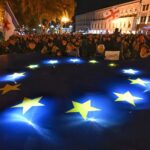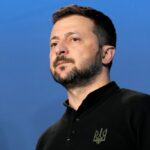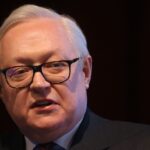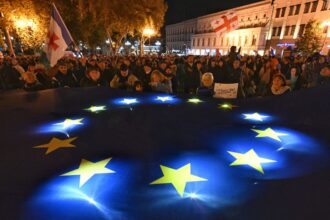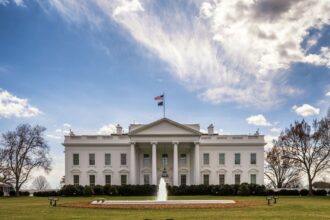Amid Russia’s ongoing invasion of Ukraine, a group of historians from around the world has come together to create something new – a global history of Ukraine. Led by Timothy Snyder, a prominent Ukrainian historian, the project aims to connect scholars from Ukraine and abroad to make sense of the country‘s rich history spanning thousands of years. The end result will be a three-million-word online encyclopedia, a long book for scholars, and a shorter version for the general public.
During the project’s presentation in Kyiv, Snyder explained that the idea came about as a response to the current situation in Ukraine. He believes that in times of crisis, opportunities arise to look at things in a different way. This project is unprecedented and innovative, bringing together scholars from different countries and disciplines to collaborate using cutting-edge tools and technologies.
Currently, there are around 90 scholars involved in the project, with a majority being Ukrainians and the rest coming from abroad. They are guided by a 26-member Advisory Board and are divided into working groups covering a wide range of topics, from the ancient history of Kyivan Rus to modern-day society and war. In September, many of these scholars gathered in Kyiv for a seminar, where they were able to communicate and collaborate with experts from various fields, including journalists and natural science scholars.
Snyder emphasizes that this project is not a response to Putin’s distortions of history that fuel the war against Ukraine. Instead, it is a positive initiative to showcase the fascinating history of Ukraine and revive the humanities, which have suffered in the last 30 years. The project aims to answer difficult questions about human history and provide interesting insights into other civilizations around the world.
In conclusion, the global history of Ukraine project is not only important for understanding the country’s past, but also for shedding light on broader questions about human history. It is a collaborative effort to revive the humanities and provide a deeper understanding of our world.
Read More @ euromaidanpress.com
